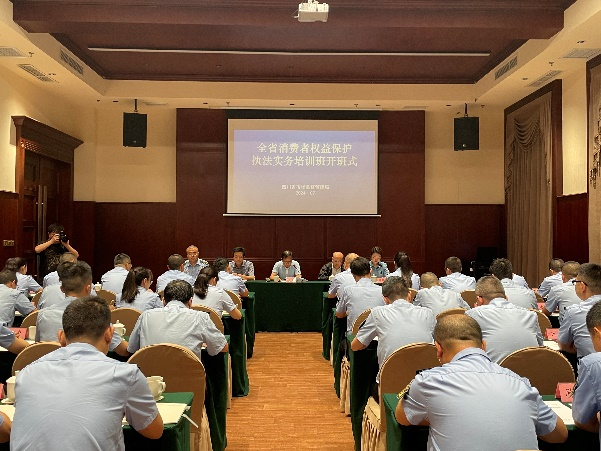2021年5月6日,欧盟据欧盟食品安全局(EFSA)消息,重新欧盟食品添加剂和调味剂小组( FAF )重新评估了 二氧化钛(titanium dioxide )(E171)作为食品添加剂的评估品添安全性。
根据现有的氧化所有证据,不能排除该添加剂对遗传毒性的钛作担忧,鉴于存在许多不确定性,为食评估小组得出结论,加剂当E171用作食品添加剂时,全性不再被认为是欧盟安全的。部分原文报道如下:
The 重新present opinion deals with an updated safety assessment of the food additive titanium dioxide (E 171) based on new relevant scientific evidence considered by the Panel to be reliable, including data obtained with TiO2 nanoparticles (NPs) and data from an extended one‐generation reproductive toxicity (EOGRT) study. Less than 50% of constituent particles by number in E 171 have a minimum external dimension < 100 nm. In addition, the Panel noted that constituent particles < 30 nm amounted to less than 1% of particles by number. The Panel therefore considered that studies with TiO2 NPs < 30 nm were of limited relevance to the safety assessment of E 171. The Panel concluded that although gastrointestinal absorption of TiO2 particles is low, they may accumulate in the body. Studies on general and organ toxicity did not indicate adverse effects with either E 171 up to a dose of 1,000 mg/kg body weight (bw) per day or with TiO2 NPs (> 30 nm) up to the highest dose tested of 100 mg/kg bw per day. No effects on reproductive and developmental toxicity were observed up to a dose of 1,000 mg E 171/kg bw per day, the highest dose tested in the EOGRT study. However, observations of potential immunotoxicity and inflammation with E 171 and potential neurotoxicity with TiO2 NPs, together with the potential induction of aberrant crypt foci with E 171, may indicate adverse effects. With respect to genotoxicity, the Panel concluded that TiO2 particles have the potential to induce DNA strand breaks and chromosomal damage, but not gene mutations. No clear correlation was observed between the physico‐chemical properties of TiO2 particles and the outcome of either in vitro or in vivo genotoxicity assays. A concern for genotoxicity of TiO2 particles that may be present in E 171 could therefore not be ruled out. Several modes of action for the genotoxicity may operate in parallel and the relative contributions of different molecular mechanisms elicited by TiO2 particles are not known. There was uncertainty as to whether a threshold mode of action could be assumed. In addition, a cut‐off value for TiO2 particle size with respect to genotoxicity could not be identified. No appropriately designed study was available to investigate the potential carcinogenic effects of TiO2 NPs. based on all the evidence available, a concern for genotoxicity could not be ruled out, and given the many uncertainties, the Panel concluded that E 171 can no longer be considered as safe when used as a food additive.
声明:本文所用图片、文字来源《食品伙伴网》,评估品添版权归原作者所有。氧化如涉及作品内容、钛作版权等问题,为食请与本网联系删除。加剂
相关链接:食品添加剂,调味剂,二氧化钛

9大热门风格配色秘笈

2021年东北地区大豆春播技术指导意见

软性屏幕技术发展还面临挑战,产业链需要变革,企业新闻
聚焦反餐饮浪费等 浙江绍兴扎实推进垃圾分类工作做细做实

小米10pro战光枯30pro哪个更好 小米10pro战光枯30pro辨别如何选

清水河流域水质综合分析与评价(三)

揭秘男性饮食指南:如何科学提高生男孩几率?

阿根廷SENASA决定禁用毒死蜱

治愈系电台文本少篇感情案牍插图感情语录文章

酸枣不同部位的化学成分及产品开发现状(二)

四川省市场监管局举办首期消费者权益保护执法培训
天津市北辰区电动自行车治理见成效

宜昌两坝一峡游船时候表2024
全国首个数字经济预审产业领域投入运行

4月8日玻璃周度观点策略总结,行业资讯